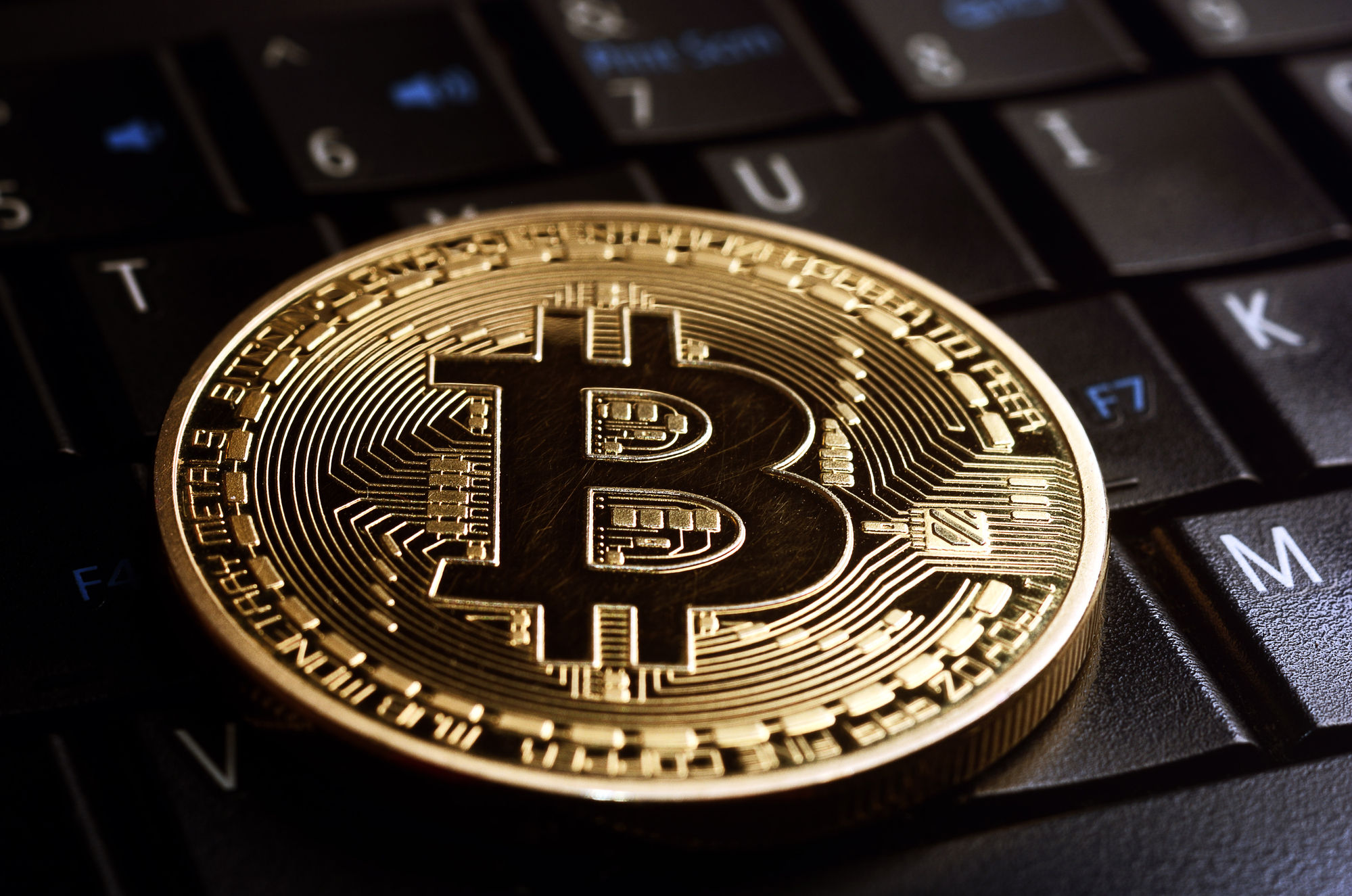- The SCHD ETF is a popular asset with over $52 billion in assets.
- The fund tracks many slow-growing but quality companies.
- IBIT is a new Blackrock ETF that tracks the spot Bitcoin price.
The Schwab US Dividend Equity ETF (SCHD) and the iShares Bitcoin Trust (IBIT) are extremely different funds to invest in. The SCHD mostly focuses on slow-growing companies that pay huge dividends while the IBIT focuses on Bitcoin, an asset many people dismiss. This article will compare the two and explain why IBIT is a better one to invest in.
SCHD and IBIT explained
The Schwab US Dividend Equity ETF a popular fund that tracks companies in the Dow Jones US Dividend 100 Index. It has over $52 billion in assets, an expense ratio of 0.06%, and a dividend yield of 3.48%. Its dividend growth rate is also higher than that of most similar funds.
Most constituent companies in the fund are industrials, health care, financials, and consumer staples. Some of the biggest names in the ETF are Abbvie, Merck, Broadcom, Home Depot, and Amgen. A closer look at most of its companies shows that they are firms with a major market share in their respective industries.
SCHD has performed well over the years. Its stock has jumped by over 57% in the past five years and by 110% in the past decade. It has risen by over 1925 since its inception, meaning that it has beaten most of its competitors.
The iShares Bitcoin Trust (IBIT), on the other hand, is one of the new spot Bitcoin ETFs that was approved this week. It has a reasonable expense ratio of 0.20%, making it more affordable to the ProShares Bitcoin Strategy ETF (BITO), which has a 0.95% ratio.
IBIT, as the name suggests, focuses on Bitcoin and is expected to constantly move in the same direction as the coin. Therefore, investing in it is a bet that Bitcoin will continue to do well for a long time.
The case for IBIT vs SCHD
A few weeks ago, I compared SCHD and BITO and concluded that BITO was a better fund to invest in. I can make the same argument for both IBIT and Bitcoin itself for a few reasons. First, in the past 15 years, Bitcoin has won against the naysayers like Warren Buffett and Charlie Munger.
In the past decade alone, it has risen from less than $10 to over $45,000 today. As a result, while it does not pay a dividend, its total return has been better than most ETFs like the SCHD, QQQ, and SPY. Historical performance is not always a good indicator of future performance. However, I mostly prefer assets that have a good track record.

Second, Bitcoin has prevailed against all the major challenges of the past 15 years. It survived the collapse of Mt.Gox, Terra, FTX, and Three Arrows Digital, among others. Most importantly, it has prevailed in a high-interest rate environment. It has also done well after major hacks in the crypto industry. Therefore, this is a sign that it will likely survive in the past.
Third, there is the issue of demand and supply. Bitcoin has a total supply cap of 21 million and over 19.6 million coins have already been mined. Millions more have been lost, meaning that less than 1.4 million coins are yet to be mined. Mining difficulty is increasing and is expected to surge ahead of the upcoming halving.
At the same time, Bitcoin supply has not been growing in the past few years. This makes it a rare asset that could see more institutional demand in the coming years.
Therefore, I believe that the IBIT ETF is a better investment than SCHD. Still, in order to have a balanced portfolio, I would also invest in stock-related ETFs like SCHD, SPY, and Invesco QQQ.












